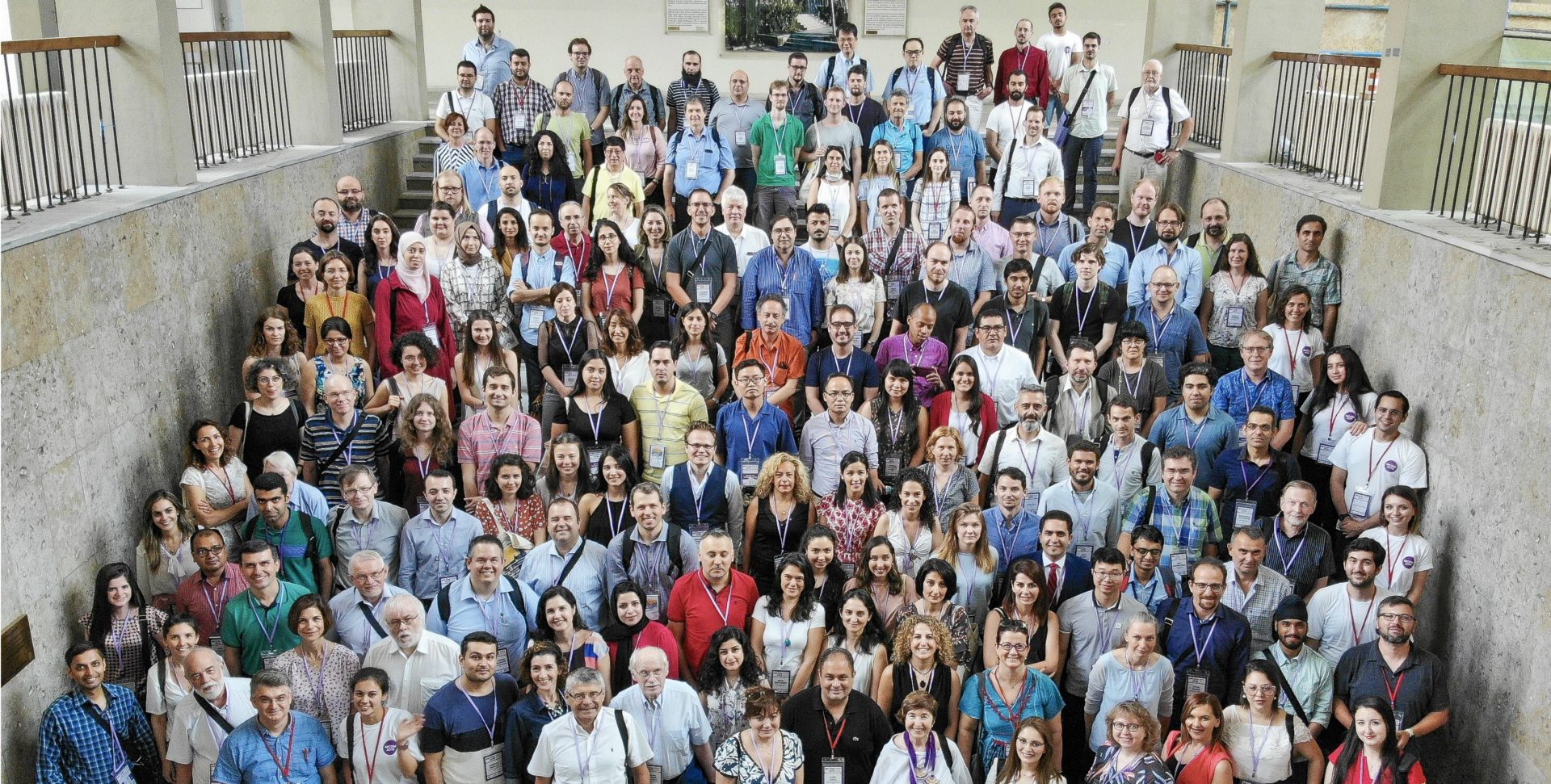Two presentations at 25th International Conference on Multiple Criteria Decision Making (MCDM 2019)

Richard Hodgett and Sajid Siraj both made presentations at the 25th International Conference on Multiple Criteria Decision Making (MCDM 2019) at Instanbul Technical University on 16th - 21st June. Richard presented on "SURE: A Method for Decision-Making under Uncertainty" and Sajid on Random spanning trees to elicit preferences from pairwise comparison judgements. Abstracts for both are below:
SURE: A Method for Decision-Making under Uncertainty
Managerial decision-making often involves the consideration of multiple criteria with high levels of uncertainty. Multi-attribute utility theory, a primary method proposed for decision-making under uncertainty, has been repeatedly shown to be difficult to use in practice as it specifies uncertain outcomes by means of probability distributions which are not typically known. This talk presents a novel approach termed Simulated Uncertainty Range Evaluations (SURE) (DOI: 10.1016/j.eswa.2018.08.048) which helps decision makers in the presence of high levels of uncertainty. SURE has evolved from an existing method that has been applied extensively in the pharmaceutical and speciality chemical sectors involving uncertain decisions in whole process design. The new method utilises simulations based upon triangular distributions to create a plot which visualises the preferences and overlapping uncertainties of decision alternatives. It facilitates decision-makers to visualise the not-so-obvious uncertainties of decision alternatives. SURE has been compared to other known methods such as AHP and ELECTRE and has been shown to perform better than these existing methods. The SURE method has been implemented in R as a part of the MCDA package. A demonstration will be shown of how to apply SURE (using the MCDA package in R) in a real-world case study for a large pharmaceutical company.
Random spanning trees to elicit preferences from pairwise comparison judgements
Inconsistency in pairwise comparison judgments is often perceived as an unwanted phenomenon and researchers have proposed a number of techniques to either reduce it or to correct it. We consider Spanning Trees Analysis which is a recently emerging idea for use with the pairwise comparison approach and which represents the plurality of mindsets in terms of a plurality of prioritisation vectors. We propose a novel methodology taking an approach similar to Stochastic Multi-criteria Acceptability Analysis. Considering all the rankings of alternatives corresponding to the different mindsets, our methodology estimates the probability that an alternative attains a given ranking position together with the probability that an alternative is preferred to another one. The usefulness of this method is demonstrated with the help of a real-life policy making issue of selecting backbone telecom network for rural areas.
